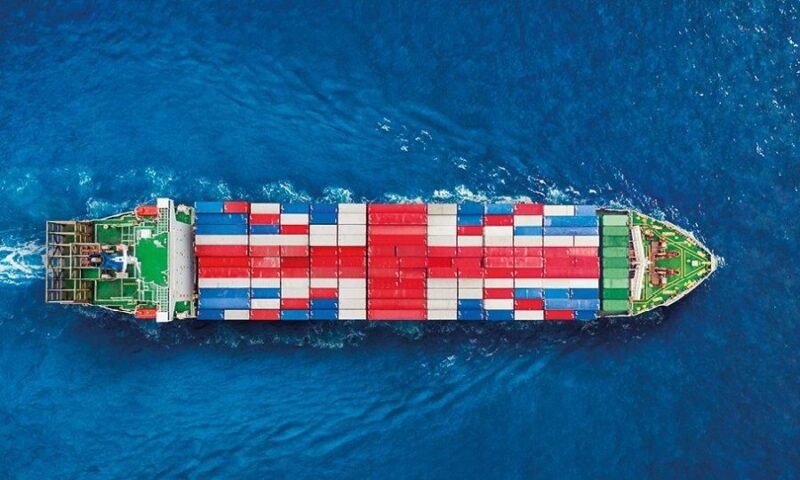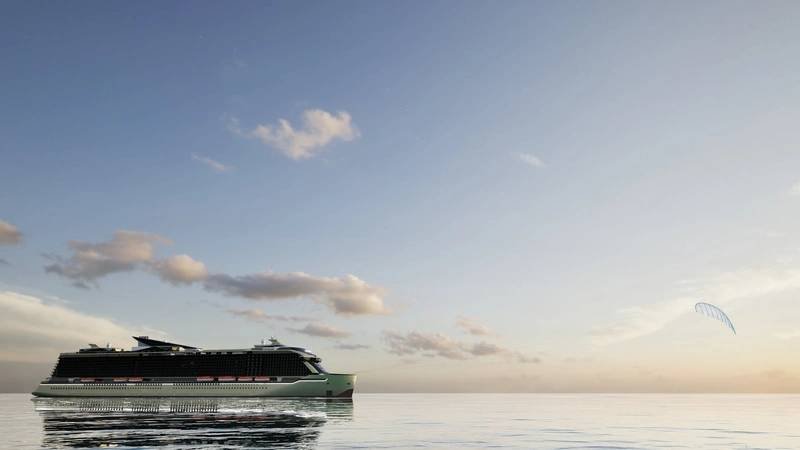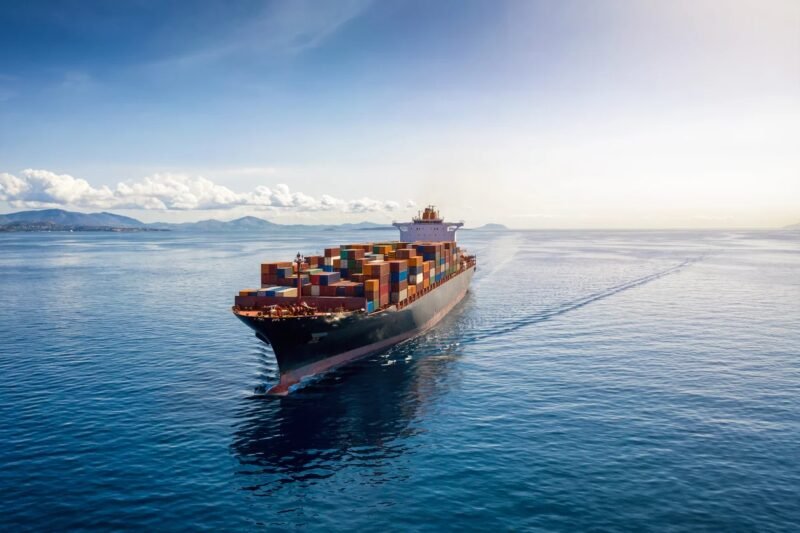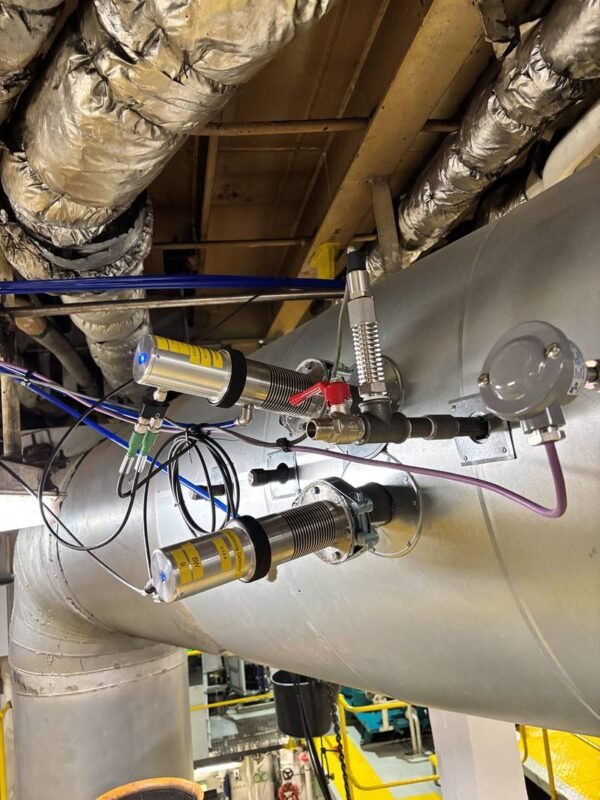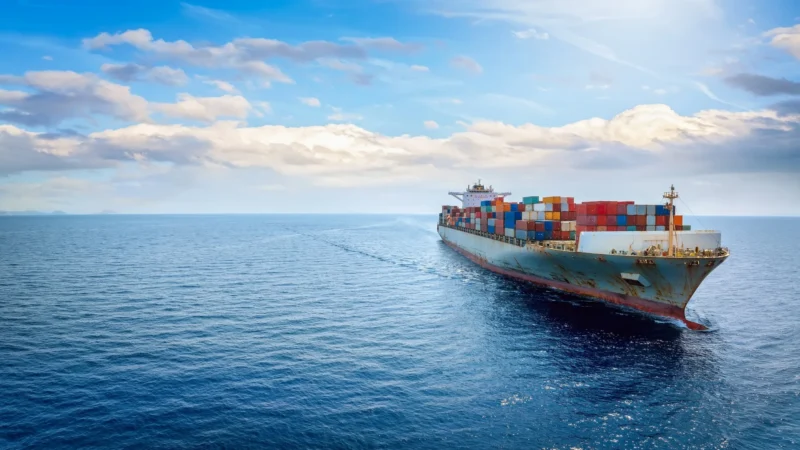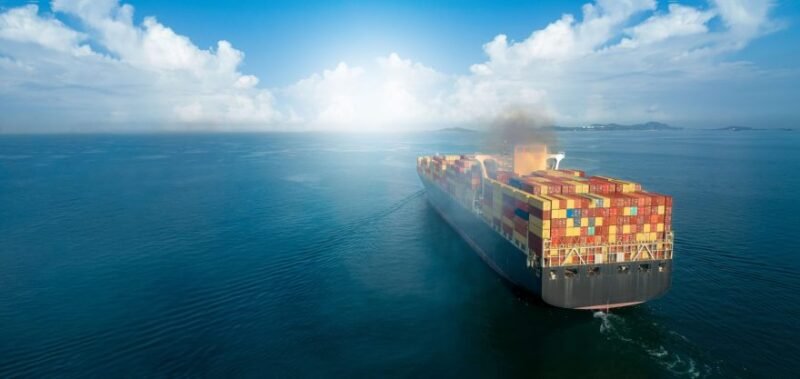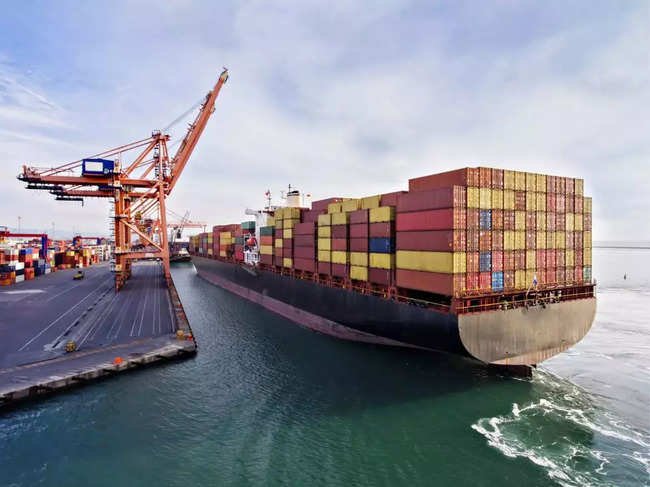Ships avoiding attacks by Houthi rebels in the Red Sea are producing millions of extra tons of carbon emissions, complicating efforts by companies to reduce pollution in their supply chains through sea freight. Due to the detour around South Africa’s Cape of Good Hope instead of the Suez Canal, ships have been burning additional fuel and emitting around 13.6 million tons of CO2 over four months, equivalent to the emissions of 9 million cars. This crisis challenges companies’ efforts to achieve their net-zero targets, requiring costly measures like reducing emissions elsewhere or investing in carbon offset initiatives.
Despite the significant emissions from the shipping industry, the International Maritime Organization is only planning a global carbon tax that won’t take effect until 2027. A report from Xeneta showed a 63% increase in CO2 emissions from Asian transport to the Mediterranean in the last quarter, with the Carbon Emissions Index reaching its highest level since 2018 in the first quarter. Ships are now sailing at higher speeds to make up for longer distances, leading to increased carbon emissions.
The average speed of container ships has increased above 16 knots since diversions began in mid-December, resulting in even more carbon being burned. The 13.6 million tons of CO2 emitted over four months is equivalent to the emissions of 13.6 million cars in that period. The situation highlights the challenges faced by the shipping industry in reducing emissions and meeting global environmental targets.







